Why Did NASA Send a Cat Video Millions of Miles?
Taters the cat has become famous by being beamed far across the galaxy in a experiment by NASA.
In the 15 second video, Taters is shown chasing a red point of a laser being moved over a chair. Then Taters jumps off-screen. There are also details of Tater’s heart rate, breed and pattern.
Taters is a 3 year old orange tabby cat, a pet of of one of the employees called Joby Harris. Mr Harris reported to Astronomy.org that Tater’s doesn’t like eating salmon. But he loves eating bread and flies. Taters also has a sister called Dottie and they are best friends.
The video of Taters was sent an incredible 19 million miles from deep space back to the Hale Telescope in San Diego County, California. NASA pointed out that this is 80 times the distance from the Earth to the Moon. That’s not really a distance a cat wants to travel.
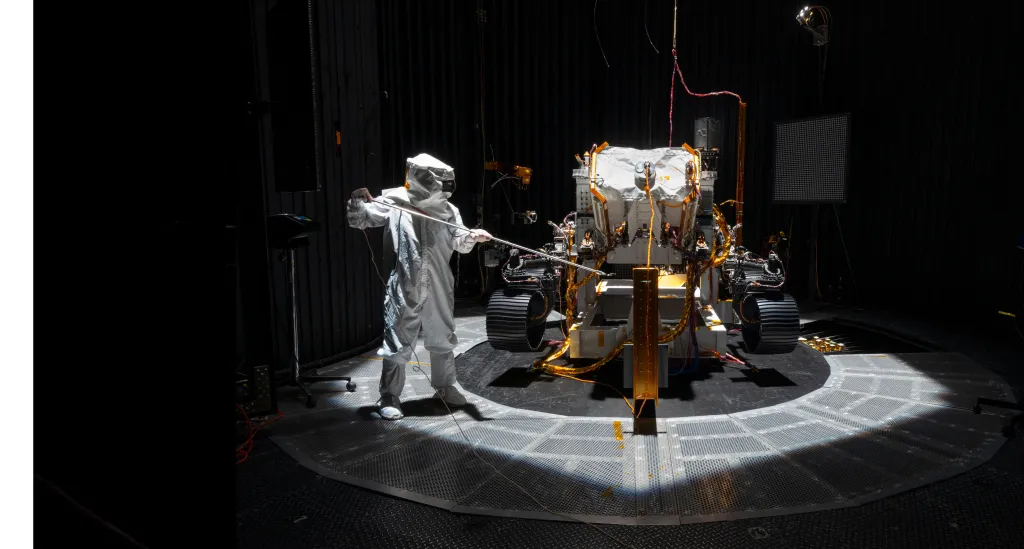
The video was sent via an instrument called a flight laser transceiver. It’s much more powerful that the radio-frequency systems that are currently used for space communication. The encoded infra-red signals of the flight laser transceiver can transmit broadband internet quality video from deep space.

The flight laser transceiver was attached to a spacecraft called Psyche that cost $1.2 billion. The spacecraft was launched on October 2023, and is expected to reach Mars mid-2024. Currently Psyche is travelling between the asteroid belt of Jupiter and Mars. If you look closely enough at the night sky, you might be able to see it.

The experiment was done to show that it’s possible to send video quality communication from deep space, and in particular, Mars. If humans are going to inhabit the Red Planet, reliable and fast video communication is going to be needed. The flight laser transceiver and Taters have shown this is now possible.







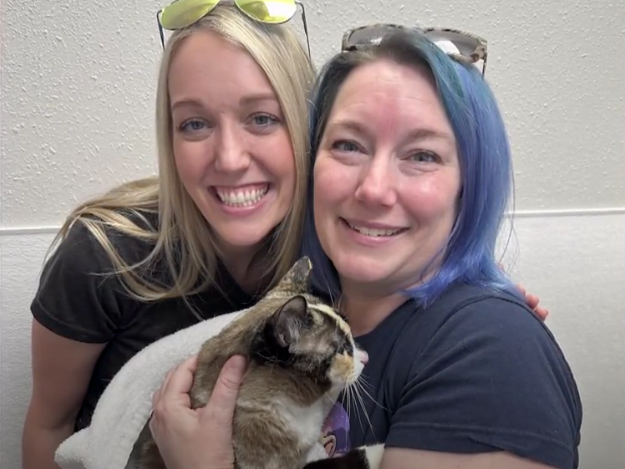

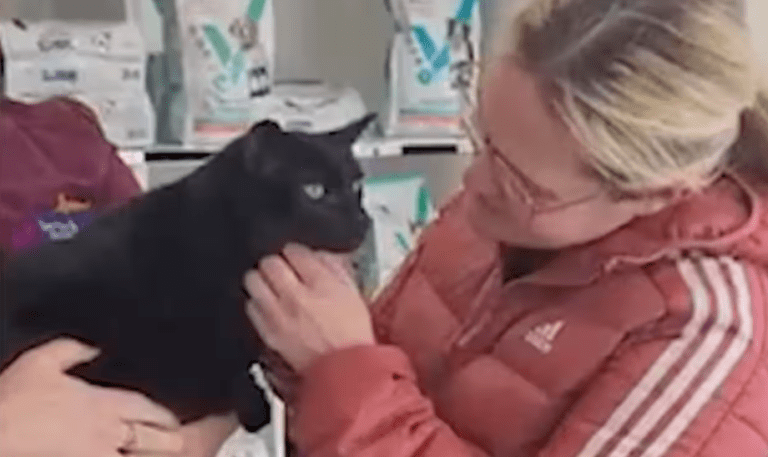

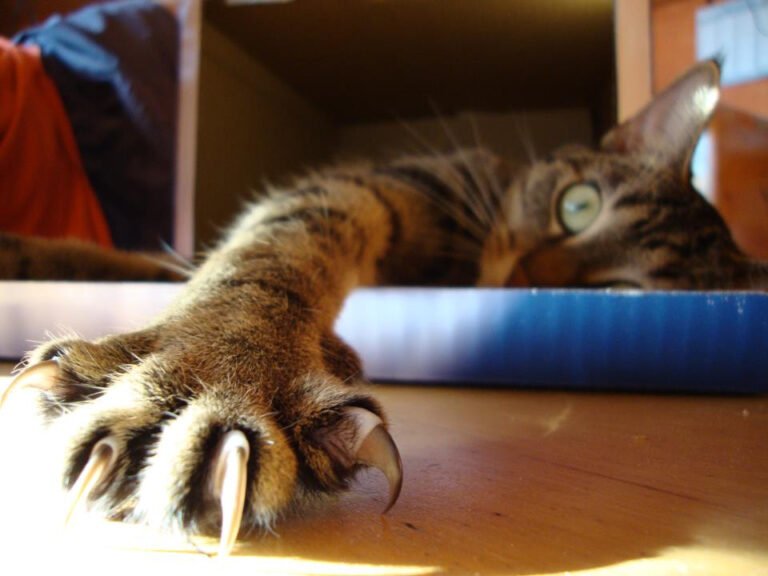
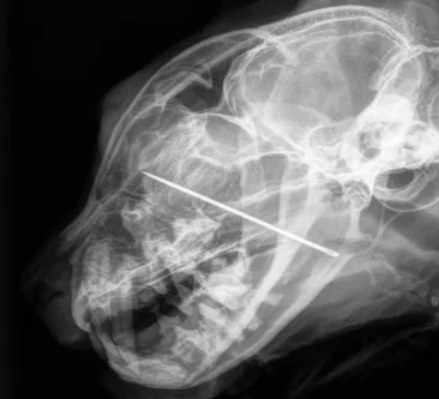
I turned toward standing in action there will
IxvapPxNEdynZpsO